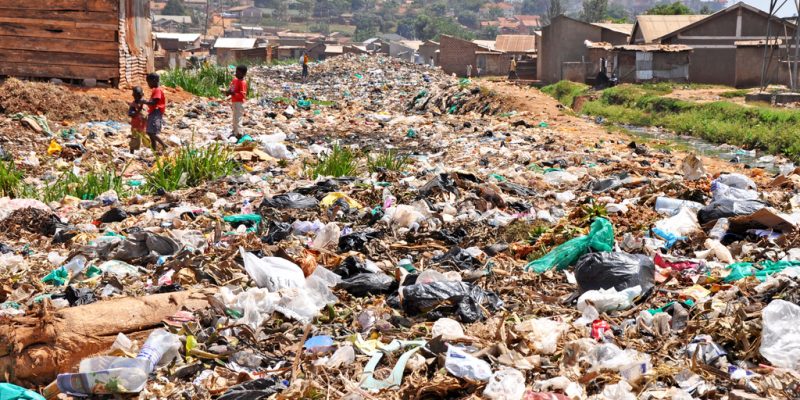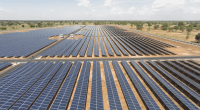The Ghana Statistical Service (GSS) recently launched “CleanApp Ghana”. The mobile application that will improve solid waste management has been developed under the GSS Citizen Generated Data Project. The initiative is supported by the Deutsche Gesellschaft für Internationale Zusammenarbeit (GIZ), the German cooperation agency.
In Ghana 12,710 tons of solid waste are produced every day, according to Zoomlion (the company that manages waste in this West African country). Most of this waste ends up in nature, when it could be exploited for other purposes. It is to alleviate this problem that the Ghana Statistical Service (GSS) launched “CleanApp Ghana” on 11 November 2020. The mobile application that will improve solid waste management has been developed under the GSS Citizen Generated Data Project. The initiative is supported by the Deutsche Gesellschaft für Internationale Zusammenarbeit (GIZ), the German cooperation agency.
The “CleanApp Ghana” application will enable households to report their waste and will enable waste managers in the country to collect it on time. “Let’s not forget that it is easy to ignore people when they are statistically invisible. This is why it is important to strengthen the data ecosystem to ensure that no one is left behind as stated in the United Nations (UN) Agenda 2030 for Sustainable Development,” says Janet Tulasi Mensah, the Chief Executive Officer of Ga East Municipality (GEM) in Ghana. These data will complement surveys and censuses conducted in the country and will strengthen population statistics and community engagement. The application will also improve the participation of local services in solid waste management, and will support developing sanitation projects in Ghana. “CleanApp Ghana will also link to the National Development Planning Commission’s (NDPC) basic district indicators, namely the proportion of the population with access to improved sanitation.
According to GIZ, data on waste generation will initially be collected in four pilot districts of Ho, Buipe, Ga East and Techiman.
Inès Magoum







